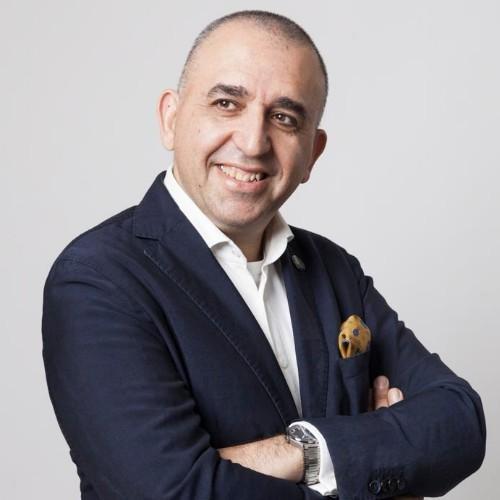Yusaf Akbar
IAS Q&A
When you arrived at the Institute you probably had a concrete idea or plan of what you would like to achieve during your stay. Were you able to pursue these plans? Did there emerge new, unforeseen directions?
I was privileged to have the opportunity to build on research that was previously supported by IAS. My work on the Sharing Economy that I have completed in Fall 2023 was the direct consequence of the time and resources offered by IAS during a previous Faculty Fellowship.
More generally speaking, who or what influenced your work and research path the most?
As a management and strategy scholar, my work is inspired by a multidisciplinary tradition. I integrate economic theory, political science and elements of sociology. Specifically, the work of Oliver Williamson and Theda Skocpol are two examples.
To which debates or schools of thought do you see your research contributing?
Good question. My work on non-market strategy contributes to strategy research broadly speaking and also to theoretical and empirical debates on state-market relations.
How do you see your field of research today, how is it evolving?
Until the dramatic emergence of generative AI and soon to emerge general AI, most questions in strategy research have been confronted quite thoroughly. How the inevitable rise of AI continues, notions of strategic choice and organizational design will evolve.
How is life after IAS CEU Budapest (if we may ask)?
Back to the classroom. Thanks to IAS, I have strengthened my research pipeline.
If there were one book or film you could recommend to the reader, what would be that and why?
Aaron Bastani's 2019 book: "Fully Automated Luxury Communism". Bastani suggests that the prosperity ushered in by technology is inconsistent with contemporary models of capitalism. While capitalism is organised around a logic of scarcity, the technologically-mediated prosperity he predicts is characterised by the absence of scarcity. This builds on the zero marginal cost research suggesting that an increasing amount of 21st century production, distribution and consumption is predicated on abundance not scarcity. Think about solar energy production; media content on YouTube, Tiktok etc.

